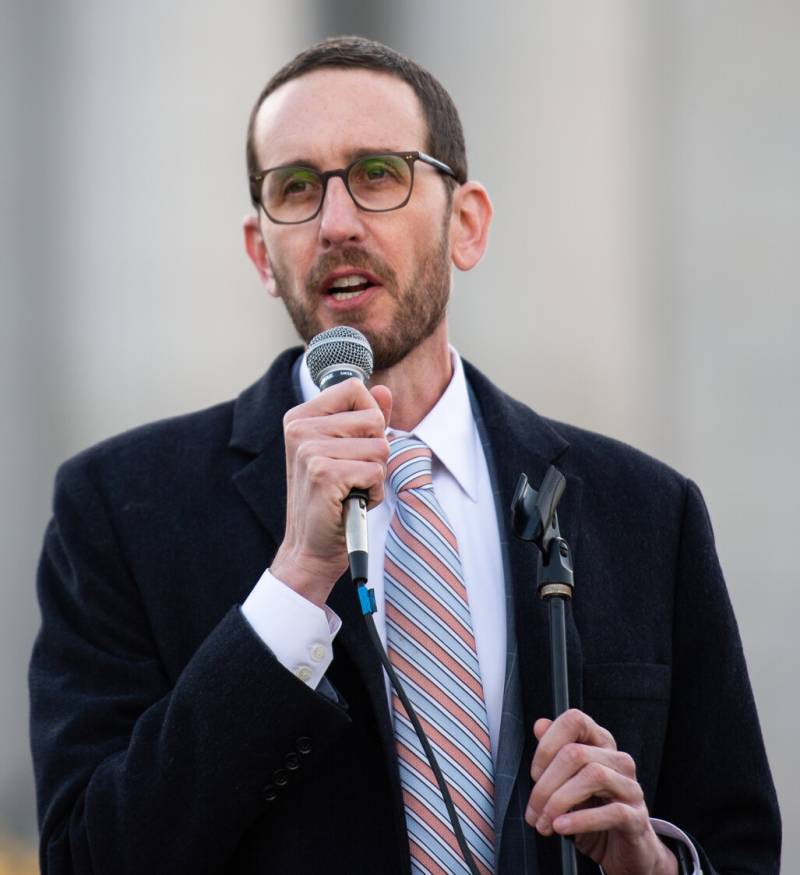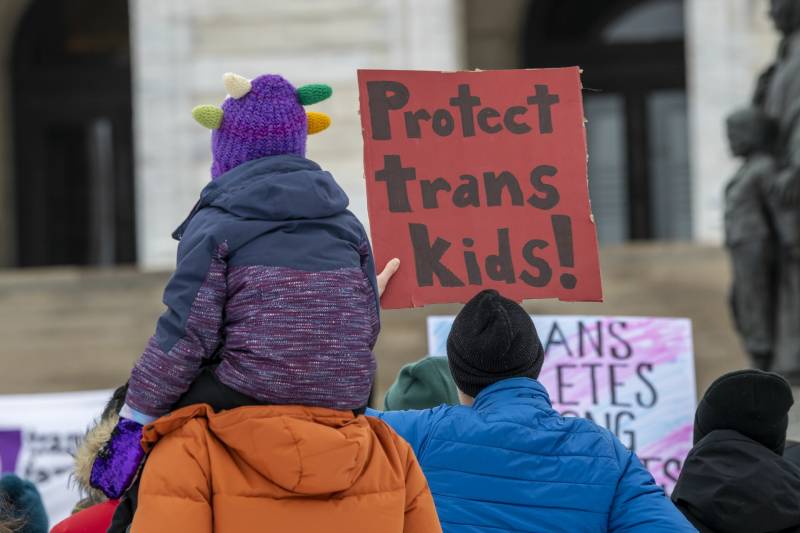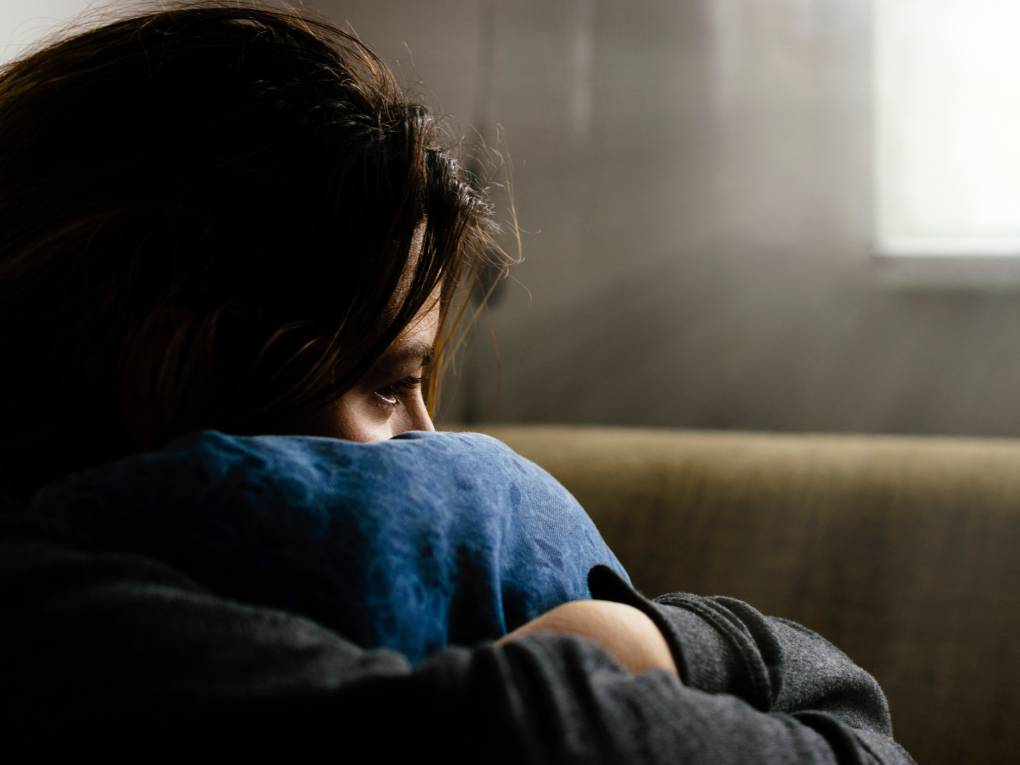Roughly a third of California youth in foster care identify as LGBTQ. So, to ensure their home environments are affirming, one state senator wants to enhance the screening process for prospective foster caregivers through a new state law.
SB 407, announced Friday by state Sen. Scott Wiener (D-San Francisco), would create a standard for documenting needs for LGBTQ youth and measuring whether those needs are met in at-home assessments for foster families.
“We need to do everything in our power to make sure foster youth are in supportive, affirming homes,” Wiener told KQED. “We know there is a strong possibility foster parents will have an LGBTQ kid in their home, so we want to make sure everyone is screened for whether they are willing and able to provide that safe and affirming home.”

LGBTQ youth are disproportionately represented in the foster care system. And whether their household is supportive and affirming of their queer identity can make a major difference in their outcomes.
Adolescents who felt support from their parents regarding their gender identity were 93% less likely to attempt suicide compared to parents who were less supportive, according to data from The Trevor Project, an LGBTQ research and advocacy group.
SB 407 would outline how anti-LGBTQ conduct at home can pose a health and safety risk and would clarify such as a valid reason for denying a family to care for a foster youth.
The bill would also build on a California law passed in 2019 that gave foster youth explicit rights to use the name and gender pronouns they identify with as opposed to those assigned at birth.
“We see states that are banning trans kids from using the restroom or play sports, or banning their health care. Laws that are banning kids from learning about LGBTQ history or culture,” Wiener said. “It’s really important for California to go in the other direction for our most at-risk LGBT youth, which are foster kids, and make sure they are in a safe and affirming household.”


